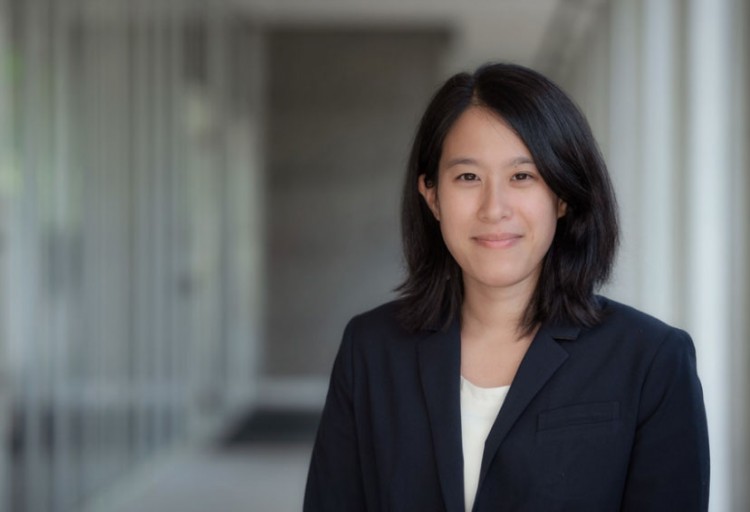CANADIAN IMMIGRATION UPDATES: Applicants to Master’s and Doctoral degrees are not affected by the recently announced cap on study permits. Read more

Meet UBC Sauder’s new faculty – Julia Yan

Related Links
This year, UBC Sauder welcomes five new full-time lecturers and tenure-track faculty to the school. In the first of this series, we introduce you to Julia Yan, Assistant Professor, Operations & Logistics Division, UBC Sauder School of Business.
At UBC Sauder, faculty members are more than just ‘professors.’ They conduct impactful research that is changing how society views the world while also inspiring students to pursue their academic passions and become the thoughtful, values-driven leaders the business world needs. This year, UBC Sauder welcomes five new full-time lecturers and tenure-track faculty to the school. In the first of this series, we introduce you to Julia Yan, Assistant Professor, Operations & Logistics Division, UBC Sauder School of Business.
Where are you from, and what brought you to UBC Sauder?
I grew up in New Jersey, and then lived in Boston for several years. The faculty members at UBC Sauder stood out to me for their research excellence and their collegiality; it’s a wonderful community to be a part of. Also, I had never lived anywhere that is particularly known for natural beauty, so I was very impressed with Vancouver when I visited.
What are your areas of research and how did you get into this field?
I am interested in data-driven optimization with applications to urban transit. Transportation is an industry that directly touches many people’s lives – anyone who commutes has an interest in transportation. I came from a background in the natural sciences, and my first research work concerned optimization problems in physics. I switched to studying transportation so that I could step out of the lab and feel connected to problems with immediate impact.
What fuels your research – what prompted you to research this area?
Sustainability and equity are both important to transportation, and they’re goals that become more and more motivating every year. I want mass transit to be efficient, accessible, and appealing for riders, so that it can drive economic development while also caring for the environment and the community it serves. I often think about my research while I commute or travel, since I find it important to directly experience the applications of my work.
What inspires you to teach?
I’m currently teaching Applications of Statistics in Management, and I enjoy how much discussion we can have in class even with a very quantitative course. Students often want to know how statistics can be applied to problems they’ve faced, and it’s exciting when they bring their past experience to the classroom. I especially enjoy teaching students who have no background in the material, but who come to the course with open minds and a willingness to engage with something new.
What’s the most interesting thing you’ve discovered through your research?
Something that interests me now is the role that operating flexibility plays in transportation. Flexibility can make operations more efficient or more able to manage uncertainty; consider, for example, when you’re given a time window for the delivery of a package. But more flexibility is not always better -- it transfers the uncertainty from the transportation operator to the rider, which can have disproportionate impact on more vulnerable communities.
What do you believe is the future of your industry?
We live in an increasingly data-rich world, and it’s exciting to be able to use this data to make informed decisions about policies that affect the lives of real people. But as we continue to advance technologically, we also need to ensure there are safeguards to protect the communities that we serve.
What are you most looking forward to in Vancouver?
I love hiking, and one of my goals for this year is to get into cross-country skiing!